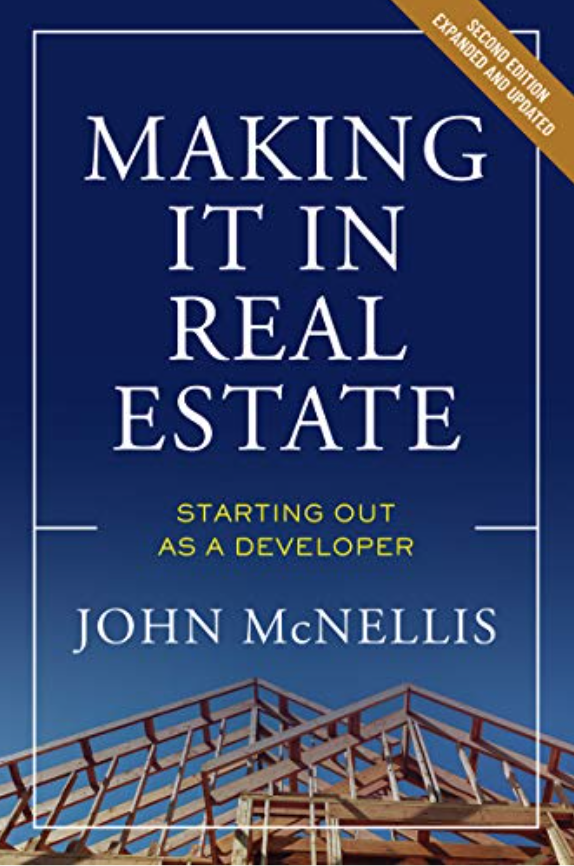We all need to believe.
Whether hard-wired into our genome or learned from our first breath, this universal hunger manifests itself in different ways, but at heart it’s always the same: we believe in something incapable of proof, sometimes going all-in on beliefs that border on the absurd. Scratch an atheist and you may find as many debunked beliefs as in a manger full of creationists. It’s just that his tend to be more personal in nature, along the lines of secrets for living young until 95.
There is no debate—except from the 20 percent of Americans who insist otherwise—that the world is about 4.5 billion years old. Nor is evolution simply a theory that can be weighed alongside creationism or its more sophisticated sibling, intelligent design. Evolution is a fact. One that cannot be challenged, only ignored. Yet since 84 percent of humanity belongs to an established religion (few of which preach that mankind began life 3.8 billion years ago as bacteria), a lot of people are ignoring a lot of science.
Yet is that so bad?
While a belief in parted seas appears at first blush less enlightened than faith in agnostic canons, is the world truly a better place when the belief in an ethical god is replaced by one in Vitamin C? Not to single out the Judeo-Christian-Moslem crowd, but along with a six-day earth, they preach compassion, generosity to the poor and good works. Atheists and agnostics may be as compassionate and generous as the religious—my “A & A” friends certainly are—but they have no synagogue, church or temple exhorting them to do the right thing, they have no peers pressuring them to hand out winter blankets to the homeless. Their generosity must spring from within because sermons from the secular gods—basically, the self-help section at the bookstore—have little to do with tithing; rather, they promote happiness through health, beauty, sex, self-improvement, wealth accumulation and more wealth accumulation.
In the Screwtape Letters, C.S. Lewis wrote, “The very mark of Hell is a ruthless, sleepless, unsmiling concentration on the self.” Go to any gym at any hour and you will observe—if not ruthlessness—that unsmiling, self-directed concentration of which he wrote. (By the way, spending an hour on a treadmill at five a.m. may be a decent working definition of hell.) And if working out is the earthly counterpart to prayer—that is, you do it daily, it makes you feel better but does nothing for anyone else—where is the secular equivalent to the religious call for good works?
We dismiss that in which we have no need to believe. The slim condescendingly chuckle over miracle diets, the hirsute over baldness cures, and the rich—because they have it here—over heaven. Yet because it is already theirs, the wealthy need to believe in anything, no matter the contrary proof, that will prolong their paradise.
As much as they purport to honor rationality and science, the rich abandon both when it’s their turn. They believe immortality will be theirs if they can weigh no more than a jockey, if they can hit that treadmill seven days a week, if they can master yoga, if they can chug eight glasses of water. Science says Vitamin C works about as well as voodoo, yet they bow before its miraculous powers, consuming thousands of milligrams daily to ward off evil spirits. In fact, the host of powders, potions and pills the rich believe prolong youth and well-being resemble nothing so much as the magic dust in a shaman’s hip pouch.
Which set of beliefs is worse? Or put another way, which beliefs are better for mankind? The one with gold, frankincense and myrrh that—along with the Nativity scene—preaches ethics, compassion and generosity or the one that promises you can have it all now and forever if you only devote enough time to yourself?
If not in the supernatural aspects of the Judeo-Christian-Islamic tradition, believing in—and adhering to—its collective wisdom for living a good life (except the crazy part about not eating bacon) may have more to say for it than listening to what your life coach tells you about probiotics. This isn’t to suggest you join your nearest place of worship, far from it (as always, organized religion still causes breathtaking harm) but rather that you consider pondering why religion has been around as long as civilization and ask yourself if its longevity might have something to do with its occasional appeal to our better angels.
Remember the poor.


